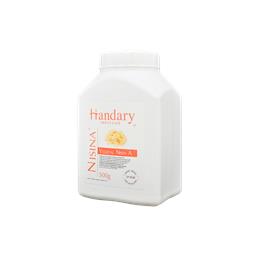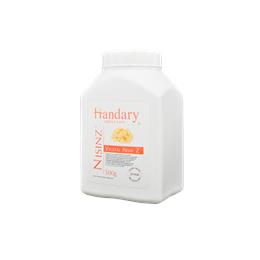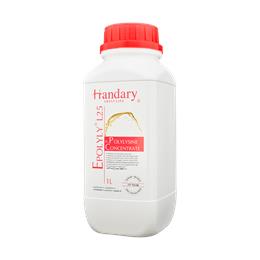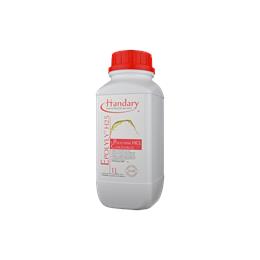Description
Packaged milk refers to milk that has been pasteurized and packaged in a variety of containers, such as plastic bottles or cartons, for commercial sale and consumption.
Pasteurization is the process of heating milk to a specific temperature to kill any harmful bacteria that may be present. This helps to ensure the safety and quality of the milk.
Packaged milk can come in a variety of forms, including whole milk, skim milk, and low-fat milk. It can also be flavored or fortified with additional vitamins and minerals. Some common varieties of packaged milk include cow's milk, goat's milk, and plant-based milk alternatives like soy milk or almond milk.
Packaged milk is commonly used as a base for many recipes, such as baked goods or sauces, and can also be enjoyed on its own or as a part of a balanced diet.
It's important to store packaged milk properly in the refrigerator and to check the expiration date before consuming. It's also important to choose varieties that are free from any additives or preservatives and to opt for organic or locally sourced milk when possible.
Gram-Positive Bacteria
Gram positive bacteria are a common type of bacteria that can be found in packaged milk. While some of these bacteria are harmless, others can cause foodborne illness and spoilage of the product.
To prevent the growth of gram positive bacteria in packaged milk, manufacturers typically use pasteurization to kill any bacteria present in the product. This process involves heating the milk to a specific temperature for a set amount of time to destroy any harmful microorganisms.
Overall, preventing the growth of gram positive bacteria in packaged milk requires a combination of proper ingredient handling, production practices, and storage conditions. By following good manufacturing and storage practices, manufacturers and consumers can help to ensure that milk remains safe and free from spoilage.
 English
English 简体中文
简体中文 Français
Français Español
Español



